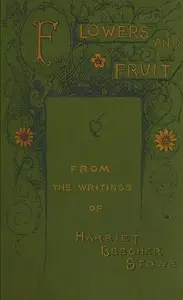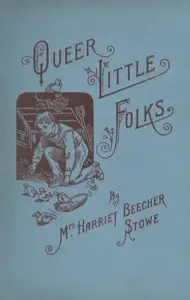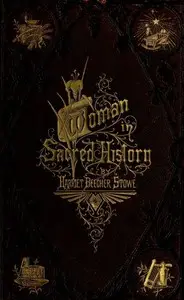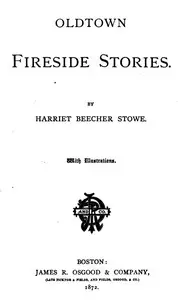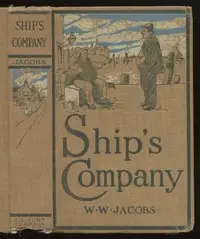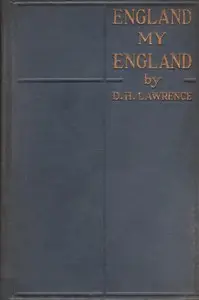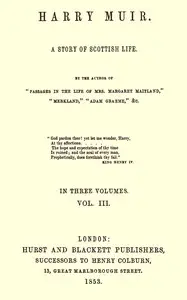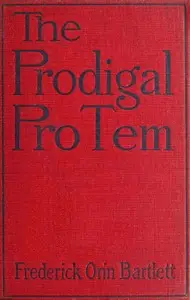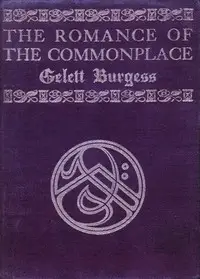"The Minister's Wooing" by Harriet Beecher Stowe is a historical novel written in the mid-19th century. The story is set in early New England, focusing on the life and struggles of the central character, Katy Scudder, a widow who navigates societal expectations, love, and her own aspirations in a transformative era. As Katy becomes more intertwined with the lives of her community, the narrative intertwines personal stories with broader themes of morality, religion, and gender roles. The opening of the novel introduces readers to Katy Scudder, a respected widow in her small seaport town, and delineates her impressive capabilities and charming personality. As the narrative unfolds, Katy's past and her life with her late husband, George Scudder, are explored, showcasing her sacrifices and the way she has become a pillar of the community. The passage conveys her contentment with the simple yet fulfilling life she leads, despite the loss of her husband, while also hinting at the complex societal dynamics and expectations that shape her existence. Additionally, we encounter her daughter, Mary, who embodies the idealized virtues of youth and dedication, setting the stage for potential romantic entanglements and theological discussions in the course of the unfolding story. (This is an automatically generated summary.)
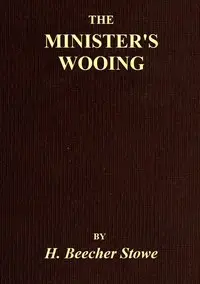
The Minister's Wooing
By Harriet Beecher Stowe
"The Minister's Wooing" by Harriet Beecher Stowe is a historical novel written in the mid-19th century. The story is set in early New England, focusin...
Harriet Elisabeth Beecher Stowe was an American author and abolitionist. She came from the religious Beecher family and wrote the popular novel Uncle Tom's Cabin (1852), which depicts the harsh conditions experienced by enslaved African Americans. The book reached an audience of millions as a novel and play, and became influential in the United States and in Great Britain, energizing anti-slavery forces in the American North, while provoking widespread anger in the South. Stowe wrote 30 books, including novels, three travel memoirs, and collections of articles and letters. She was influential both for her writings as well as for her public stances and debates on social issues of the day.

